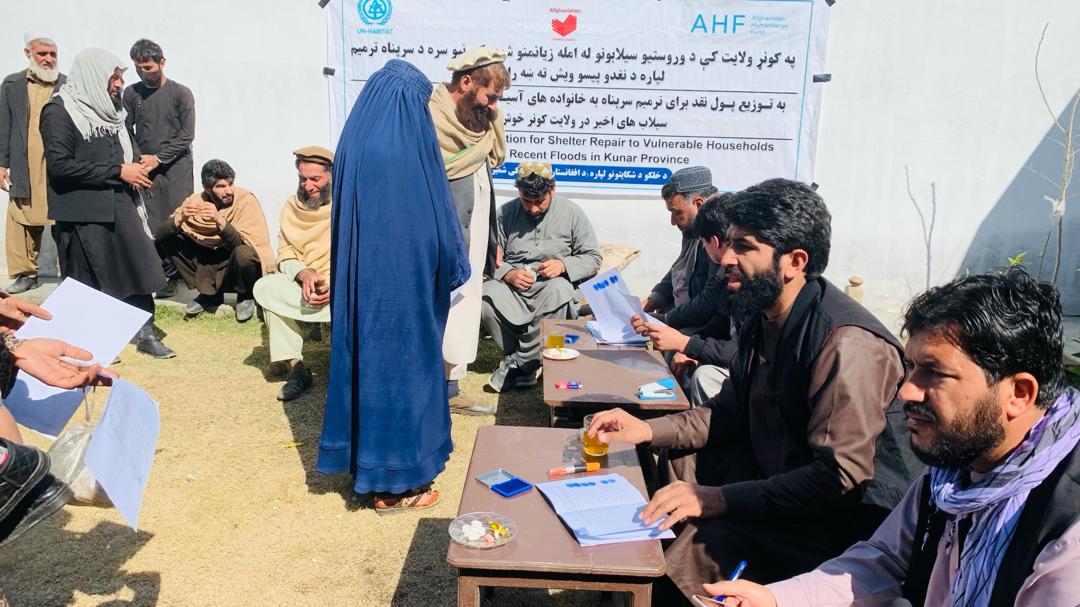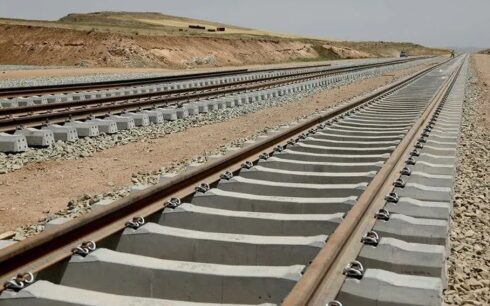The United Nations has called on international donors to maintain their “lifesaving” support for the people of Afghanistan in 2025, warning that millions remain in need and that recent gains in stability could be at risk without sustained assistance.
In a statement issued Monday, the UN Assistance Mission in Afghanistan (UNAMA) said approximately 2.9 million people across the country currently require humanitarian aid.
The appeal comes ahead of the upcoming Afghanistan Coordination Group meeting, scheduled to take place later this week in Istanbul, Turkey. The summit will bring together donor governments, international financial institutions, and UN officials.
“If we are to help the people of Afghanistan break the vicious cycle of poverty, we must continue to provide the tools and resources they need while creating the foundations for long-term resilience and stability,” said Indrika Ratwatte, the UN’s humanitarian coordinator in Afghanistan and deputy special representative of the secretary-general.
Despite operational challenges, Ratwatte emphasized the importance of shifting gradually from emergency relief to more durable, long-term solutions that address the root causes of vulnerability. “This is a vital approach—not just for Afghanistan, but for the region and the wider world,” he said.
UNAMA reported that in 2024, its international humanitarian partners provided approximately $3.21 billion in aid, an increase from the previous year, supporting basic services and emergency relief across the country.
The UN said its annual results report for 2024 will be released alongside the Istanbul meeting and will highlight how donor contributions enabled meaningful outcomes—from lifesaving assistance and continued service delivery to enhanced community resilience, particularly for women and girls.
UNAMA also warned that the global funding crisis and its ripple effects on aid programs risk undermining fragile gains made over the past four years. Without continued investment in core resilience and infrastructure, the UN cautioned, Afghans may increasingly resort to “negative coping mechanisms”—including irregular migration—that carry serious risks and could further strain regional stability.





